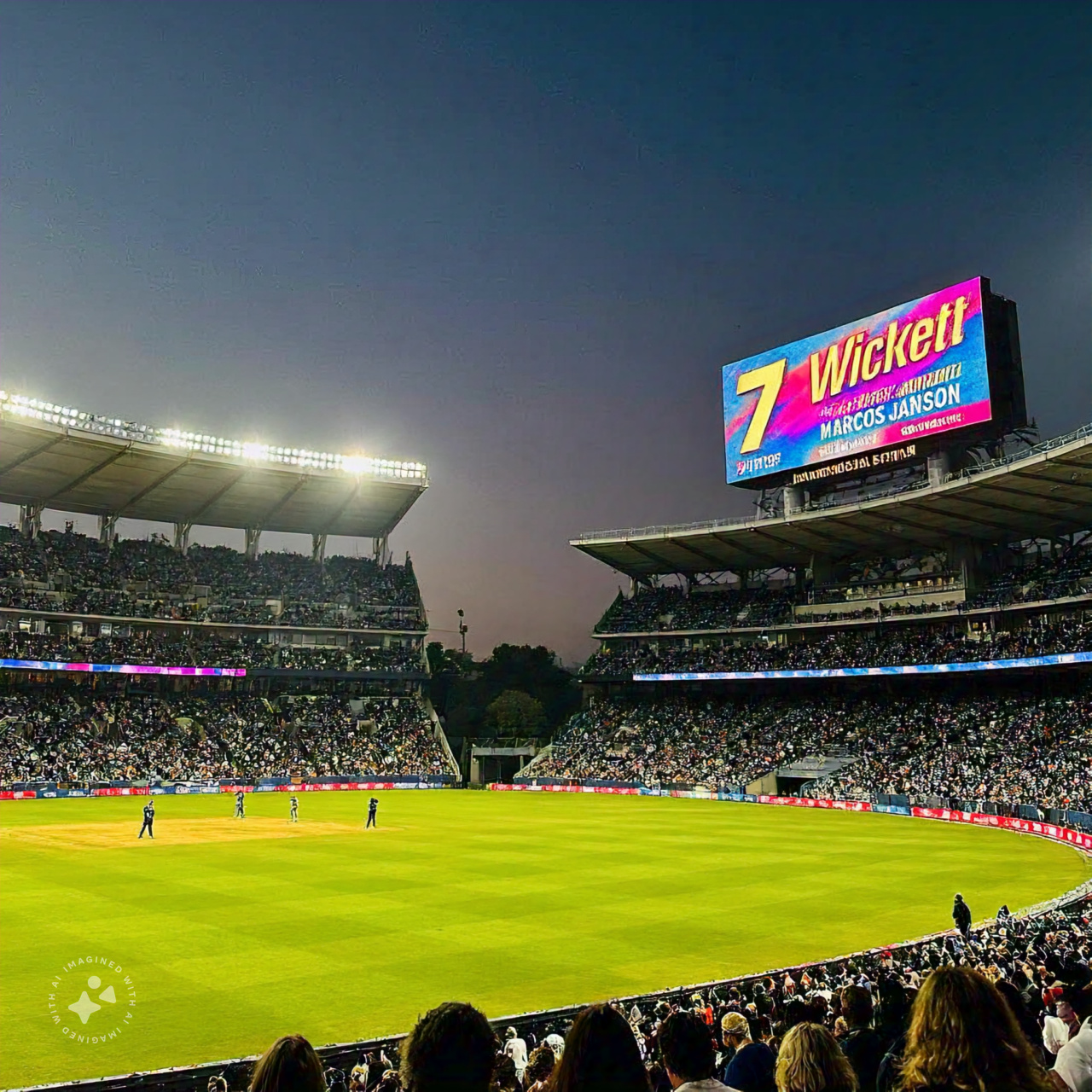Science: A Blessing or a Curse?
The relationship between science and the humanities has long been a topic of debate, offering contrasting perspectives on human activity and understanding. A comparison of these fields reveals their distinct approaches: science emphasizes objectivity and detachment, while the humanities promote empathy and emotional engagement. Both disciplines provide unique insights into the world, influencing not only our understanding but also our character and societal values.
The scientific
approach prioritizes precision and logic, often distancing itself from
individual experiences. For instance, scientific predictions about an impending
disaster highlight human ingenuity and capability for accurate forecasting.
Such objectivity helps societies prepare and adapt, but it can also lead to a
cold, clinical view of events, stripping them of their emotional weight. This
detachment, while useful in certain contexts, may limit our ability to connect
with the human suffering behind the data.
In contrast, the humanities, through literature, art, and philosophy, delve deeply into the complexities of human emotions and experiences. Works like Hamlet or War and Peace immerse us in the struggles, joys, and dilemmas of their characters, fostering empathy and a deeper understanding of human nature. Literature draws us into the emotional fabric of life, evoking feelings of pity, fear, and sorrow, which in turn shape our moral and ethical outlook.
The humanistic
approach emphasizes the diversity of human experience, highlighting values that
imbue actions with meaning. This perspective reminds us of the intrinsic worth
of human emotions and relationships, offering a counterbalance to the
rationality of science. It does not suggest that one discipline is superior to
the other; rather, it underscores their complementary roles in shaping a
holistic understanding of the world.
Science and the
humanities also play crucial roles in shaping individuals and societies. A
scientist, through continuous engagement with logic and empirical evidence,
develops a mindset characterized by clarity, precision, and objectivity.
Meanwhile, those immersed in the arts and humanities cultivate sensitivity,
creativity, and an appreciation for the nuances of human experience. These
traits are not mutually exclusive; they coexist, enriching both personal and
societal development.
Moreover, the influence of science and the humanities extends beyond individual growth to societal evolution. Scientific advancements drive technological progress, improving living standards and solving pressing global challenges. Conversely, the humanities preserve and reflect the cultural and ethical dimensions of society, ensuring that progress does not come at the cost of human values and dignity. Together, they create a balanced society where innovation and empathy coexist.
It is important to
recognize that the impact of science and the humanities depends on how they are
applied. When harnessed for the greater good, science is undoubtedly a
blessing, offering solutions to problems and expanding our understanding of the
universe. However, when misused, it can lead to devastating consequences, such
as environmental degradation or destructive technologies. Similarly, the
humanities, while enriching our emotional and cultural lives, can be
misappropriated to perpetuate harmful ideologies.
In conclusion, science
and the humanities are not opposing forces but complementary domains that
together enhance our understanding of the world and our place in it. Science
equips us with the tools to explore and innovate, while the humanities remind
us of the importance of empathy, ethics, and human connection. The true
challenge lies in striking a balance, ensuring that progress in one domain does
not overshadow the values and insights of the other.
The Path to Enlightenment: Self-Knowledge and Its
Significance
The Bhagavad Gita emphasizes the transformative power of self-knowledge, stating that those lacking this wisdom are consumed by doubt, leading to sansayatma vinashyati—self-destruction. Self-knowledge is not a passive acquisition but an active, iterative process. It requires a self-consistent approach, where repeated efforts yield consistent solutions, guiding individuals toward clarity and purpose.
Self-knowledge,
however, is not created in isolation. It is deeply intertwined with external
observations and experiences. Our understanding of the world around us shapes
our internal wisdom. Once self-knowledge is attained, it must be tested and
refined through engagement with the external world. When validated through
reason and shared experience, this knowledge elevates an individual to the
status of a pathfinder, or an enlightened being.
The life of Gautama Buddha exemplifies this journey. Though introspective by nature, Buddha's profound realization stemmed from his exposure to life's harsh realities: suffering, aging, and death. Renouncing worldly pleasures, he embarked on a path of meditation and self-reflection, ultimately attaining self-knowledge. His teachings, rooted in personal realization, resonated deeply with the masses, earning him the title of Buddha—the Enlightened One. Even centuries later, his insights continue to guide humanity, demonstrating that self-knowledge gains significance through collective acceptance and validation.
Similarly, Mahatma Gandhi’s life offers another perspective on the pursuit of self-knowledge. Gandhi’s realization emerged from his relentless fight against societal inequality and injustice. Anchored in truth, non-violence, and resilience, his journey was fraught with challenges. Through his "experiments with truth," Gandhi developed a unique form of self-knowledge, which became a powerful tool in confronting colonial oppression. His steadfast adherence to these principles not only transformed his own life but also mobilized an entire nation toward independence.
The concept of
self-consistency, often discussed in scientific disciplines like theoretical
physics and quantum chemistry, parallels this journey of self-discovery. In
science, self-consistent methods involve iterative problem-solving, where
approximations and recalibrations bring solutions closer to reality. This
process mirrors the human pursuit of self-knowledge, where repeated efforts and
adjustments refine our understanding of life's complexities.
Empirical methods rely on external data, while self-consistent approaches build solutions intrinsically. Life's challenges, too, can be approached through self-consistency. By engaging in a gradual, reflective process—learning from mistakes and refining our understanding—we cultivate self-knowledge. Scriptures and philosophers advocate for this iterative journey, highlighting its potential to bring clarity and resilience.
Ultimately, the Bhagavad Gita teaches that knowledge is the ultimate purifier.
Persistent cultivation of knowledge transforms it into self-knowledge, allowing
individuals to perceive reality in a way that benefits both themselves and
society. This enlightened perspective imbues life with purpose, confidence, and
a sense of interconnectedness, making even the most daunting goals attainable.
IF HE EXIST
I drive joy there was a doctor in Benaras who
spent 7 minutes in the morning and evening for mediation on God. Knowing this,
his colleagues and friends laughed at him. One day they argued that he was
wasting 7 precious minutes on something, which he had been misled into
believing. The doctor replied, “Well, if God does not exist, I agree that I am
wasting 7 minutes a day. But, if He exists? I am afraid you are wasting your
entire lifetime. I prefer to waste 7 minutes rather than a lifetime. Why should
you grudge me the 7minutes joy that I derive 4m.-
ILLUSTRATED REVIEW :7th heaven moment of
the week Sa Marco Jansen got 7 wk in an innigs















No comments:
Post a Comment